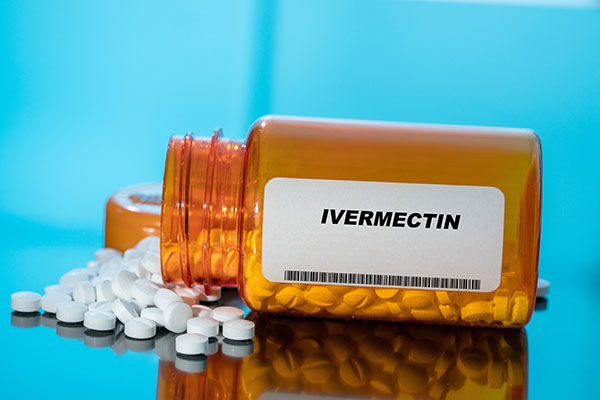
As a person ages, they become more susceptible to vitamin D deficiency since the skin's ability to produce this nutrient decreases by up to four times compared to younger people. This contributes to the increased risk of Type 1 diabetes, rheumatoid arthritis, multiple sclerosis, and cancer in the elderly. Vitamin D is also important since it is involved in the absorption and metabolism of calcium, the mineral essential for bone health. Moreover, this essential vitamin is involved in innate and adaptive immunity, which could contribute to the risk of chronic inflammatory diseases, such as cardiometabolic disease.
In this study from the Journal of Nutritional Science, the researchers wanted to study the relationship between vitamin D and chronic inflammatory diseases. To do this, they did a cross-sectional analysis involving 5,870 participants aged 50 years and above. They collected blood samples from the participants and evaluated the levels of 25-hydroxyvitamin D (25(OH)D), which is the major storage and circulating form of vitamin D in the body, and three inflammatory markers, namely C-reactive protein (CRP), fibrinogen, and white blood cells.
The authors of the study observed that people exhibiting low serum levels of 25(OH)D had increased concentrations of CRPs, fibrinogen, and white blood cells. Based on this, the researchers determined that vitamin D is possibly involved in the body's inflammatory response and has anti-inflammatory potential. This is in line with the results of previous studies associating vitamin D deficiency with increased levels of the pro-inflammatory chemical interleukin-6 (IL-6), tumor necrosis factor-alpha (TNF-alpha), and interleukin-10 (IL-10).
Overall, this study shows that vitamin D deficiency is potentially involved in the development of chronic inflammatory diseases, suggesting that this vitamin has anti-inflammatory potential. (Related: Vitamin D found to help sunburn from the inside by reducing swelling and inflammation.)
Symptoms of Vitamin D deficiency
Although vitamin D deficiency is very common, most people who suffer from this condition don't realize it until it's too late. To help you identify whether you're suffering from this condition, here are some of its most common signs and symptoms:
- Getting sick often
- Easily feeling tired
- Bone, back, and muscle pain
- Depression
- Slow healing of wounds
- Losing hair
Tips on getting your daily dose of vitamin D
To prevent vitamin D deficiency, scientists recommend a daily dose of at least 600 international units (IU) for people between 1 to 70 years old and 800 IU for those who are older. This vitamin is readily produced by the body upon direct exposure to sunlight, which is why it is often deemed as the sunshine vitamin. There are some important factors to consider when getting vitamin D from the sun these include the following:
- Amount of skin exposed -- Exposing more skin will allow you to produce more vitamin D.
- Age -- The elderly tend to have a harder time producing vitamin D.
- Sunscreen -- Apply sunscreen is important, but it can also block most vitamin D production.
If you can't go out to get your daily dose of vitamin D, you can also opt for supplements or vitamin D-rich foods such as the following:
- Fatty fish like salmon, trout, and tuna
- Cod liver oil
- Shrimp
- Egg yolks
- Mushrooms
- Fortified foods such as milk and yogurt
Read more articles on the importance of vitamin D by visiting Nutrients.news.
Sources include:
Please contact us for more information.























